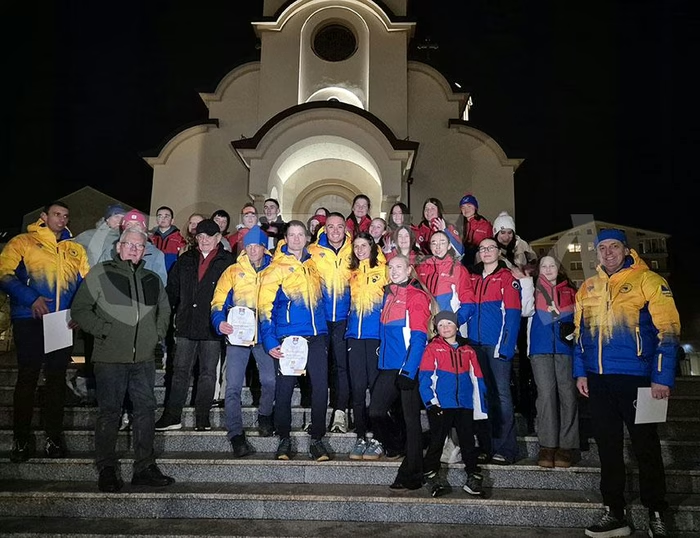European Court rules Bosnian elections undemocratic, local media report

Following Slaven Kovacevic's appeal, the European Court of Human Rights in Strasbourg issued a verdict that established that his rights in the context of voting for candidates for the state House of Peoples and the Presidency of BiH were violated, and because he is not able to vote for candidates who do not belong to the constituent peoples and who don't live in a particular entity.
Oglas
The current advisor to the Chairman of the BiH Presidency Zeljko Komsic, Slaven Kovacevic addressed the European Court of Human Rights in Strasbourg, stating that his right is threatened because he cannot vote from Sarajevo on the election of a member of the BiH Presidency from the Republika Srpska (RS) entity, nor as a citizen of the Federation (FBiH) entity can he be a delegate in House of Peoples of the BiH Parliamentary Assembly. According to information from the Istraga web portal, the European Court of Human Rights ruled that Kovacevic was discriminated against in both cases.
As reported by Istraga.ba, the Court found that the current political system of BiH made ethnic representation more important than political, economic-social or any other issues, strengthened ethnic divisions in the state and undermined the democratic character of elections, adding that "constituent peoples are privileged."
The European Court of Human Rights found that the combination of territorial and ethnic claims constitutes discriminatory treatment in violation of Article 1 of Protocol No. 12 in the context of the right to participate in the elections for the House of Peoples of the Parliamentary Assembly of Bosnia and Herzegovina, considering that the same applies to the right to vote in the elections for the BiH Presidency. In short, the Court states that the elections in Bosnia are undemocratic.
According to Istraga.ba, the Court paid special attention to the competencies of the House of Peoples of the Parliamentary Assembly of BiH. The judges state that the existence of the House of Peoples of the PS BiH would be acceptable if the power of the House of Peoples was limited to the precisely defined vital national interest of the constitutive peoples, and not to the approval of all laws. In the judgment, the court proposes several solutions for the House of Peoples. The first solution is to reduce the power of the House of Peoples. Another possible solution is to abolish the House of Peoples and protect ethnic interests within the House of Representatives. The third solution – to keep the House of People in its current form while allowing all citizens to participate in its work.
The court further states that representatives of the people in the House of Peoples must represent members of that people from the entire territory of the state, not just its individual parts.
The Belgian model is also proposed, according to which the citizens would vote first, and only then would the elected members of parliament decide in which people's caucus they would participate.
According to the Court in Strasbourg, ethnicity cannot and must not prevail over political representation. It must be secondary.
More details about this verdict will be known in the coming days.
Kakvo je tvoje mišljenje o ovome?
Učestvuj u diskusiji ili pročitaj komentare
Oglas
Kakvo je tvoje mišljenje o ovome?
Učestvuj u diskusiji ili pročitaj komentare
Oglas





 Srbija
Srbija
 Hrvatska
Hrvatska
 Slovenija
Slovenija



























































